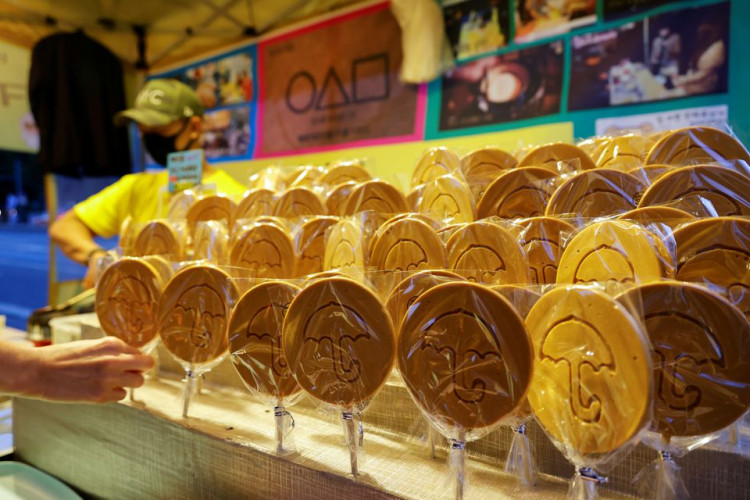Hundreds of people have just been scammed out of an estimated $2.1 million by the creators of an altcoin that was based on the popular Netflix television series, "Squid Game."
The hype of cryptocurrencies has captured the imaginations of millions of would-be investors worldwide. News such as the 960% spike in the price of Shiba Inu coins and other similar reports have made people invest their hard-earned money in the hopes of making quick profits.
Unfortunately, cryptocurrency trading just like any other form of stock or asset speculation often results in far more losers than winners. The most recent example is a cryptocurrency that was aimed at capitalizing on the popularity of the Korean TV show.
The Squid Game coin, also called $SQUID, was introduced on Oct. 26 by an organization that had no ties to the show's creators. It soared in popularity, as so-called "meme coins" often do. It temporarily reached a high of $2,800 on early Monday morning, after first listing at only 12 cents when it was introduced.
Squid Game cryptocurrency tanks to $0, scammers make $2.1 million Called "rug pull" by crypto investors, such digital scamming happens when the creators of the crypto quickly cash out their coins for real money, draining th... #Tech by #EconomicTimes https://t.co/11FEdfqJoU — Market’s Cafe (@MarketsCafe) November 2, 2021
Then it all came crashing down, as meme coins also often do. The price plummeted to a third of a penny in an instant, where it stands as of Tuesday. People who had invested in Squid Game coin were quick to post on social media their experience, with some warning others that coins such as Shiba Inu could be next.
$SQUID turned out to be a scam all along. The developers drained all of the project's cash and then fled, assisted by the anonymity that crypto wallets provide, in what is known in crypto circles as a "rug pull."
The Squid Game coin's website and Medium account were taken down due to "suspicious behavior. Its Twitter account was also taken down.
The two most popular cryptocurrencies in the world are Bitcoin and Ether, but there is a sea of "altcoins" beneath them. These types of coins are often compared to penny stocks, while Bitcoin and other major coins are blue-chip stocks.
Altcoins range from serious initiatives that attempt to deliver decentralized finance services to simple "meme coins," such as Dogecoin, that are merely purchased and traded off community excitement. While there are legitimate cryptocurrencies with development teams behind them, most of them are scams.
The Squid Game coin had all the characteristics of a crypto scam. One large, blazing alarm stood out among the many warning flags: the project's contract restricted investors' liquidity for a certain amount of time. To put it another way, once you buy something, you can't sell it.





